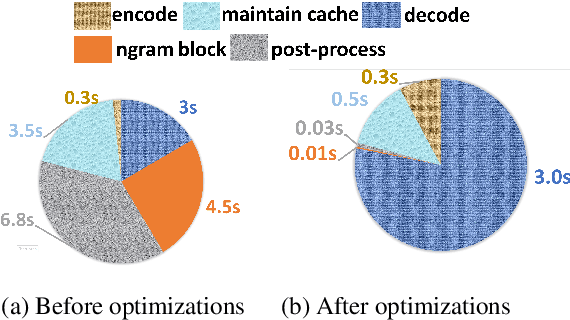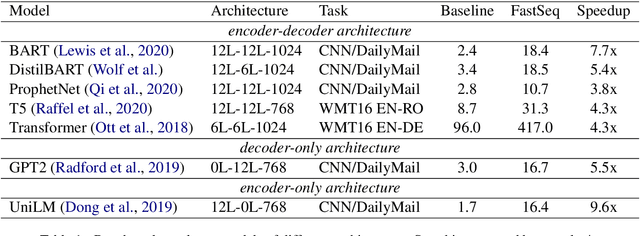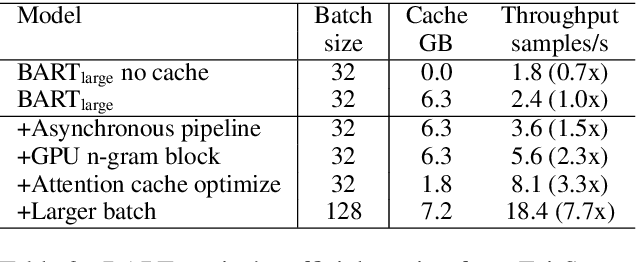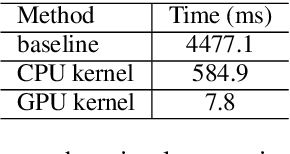Bingyu Chi
DeepGen: Diverse Search Ad Generation and Real-Time Customization
Aug 06, 2022



Abstract:We present DeepGen, a system deployed at web scale for automatically creating sponsored search advertisements (ads) for BingAds customers. We leverage state-of-the-art natural language generation (NLG) models to generate fluent ads from advertiser's web pages in an abstractive fashion and solve practical issues such as factuality and inference speed. In addition, our system creates a customized ad in real-time in response to the user's search query, therefore highlighting different aspects of the same product based on what the user is looking for. To achieve this, our system generates a diverse choice of smaller pieces of the ad ahead of time and, at query time, selects the most relevant ones to be stitched into a complete ad. We improve generation diversity by training a controllable NLG model to generate multiple ads for the same web page highlighting different selling points. Our system design further improves diversity horizontally by first running an ensemble of generation models trained with different objectives and then using a diversity sampling algorithm to pick a diverse subset of generation results for online selection. Experimental results show the effectiveness of our proposed system design. Our system is currently deployed in production, serving ${\sim}4\%$ of global ads served in Bing.
FastSeq: Make Sequence Generation Faster
Jun 08, 2021



Abstract:Transformer-based models have made tremendous impacts in natural language generation. However the inference speed is a bottleneck due to large model size and intensive computing involved in auto-regressive decoding process. We develop FastSeq framework to accelerate sequence generation without accuracy loss. The proposed optimization techniques include an attention cache optimization, an efficient algorithm for detecting repeated n-grams, and an asynchronous generation pipeline with parallel I/O. These optimizations are general enough to be applicable to Transformer-based models (e.g., T5, GPT2, and UniLM). Our benchmark results on a set of widely used and diverse models demonstrate 4-9x inference speed gain. Additionally, FastSeq is easy to use with a simple one-line code change. The source code is available at https://github.com/microsoft/fastseq.
 Add to Chrome
Add to Chrome Add to Firefox
Add to Firefox Add to Edge
Add to Edge